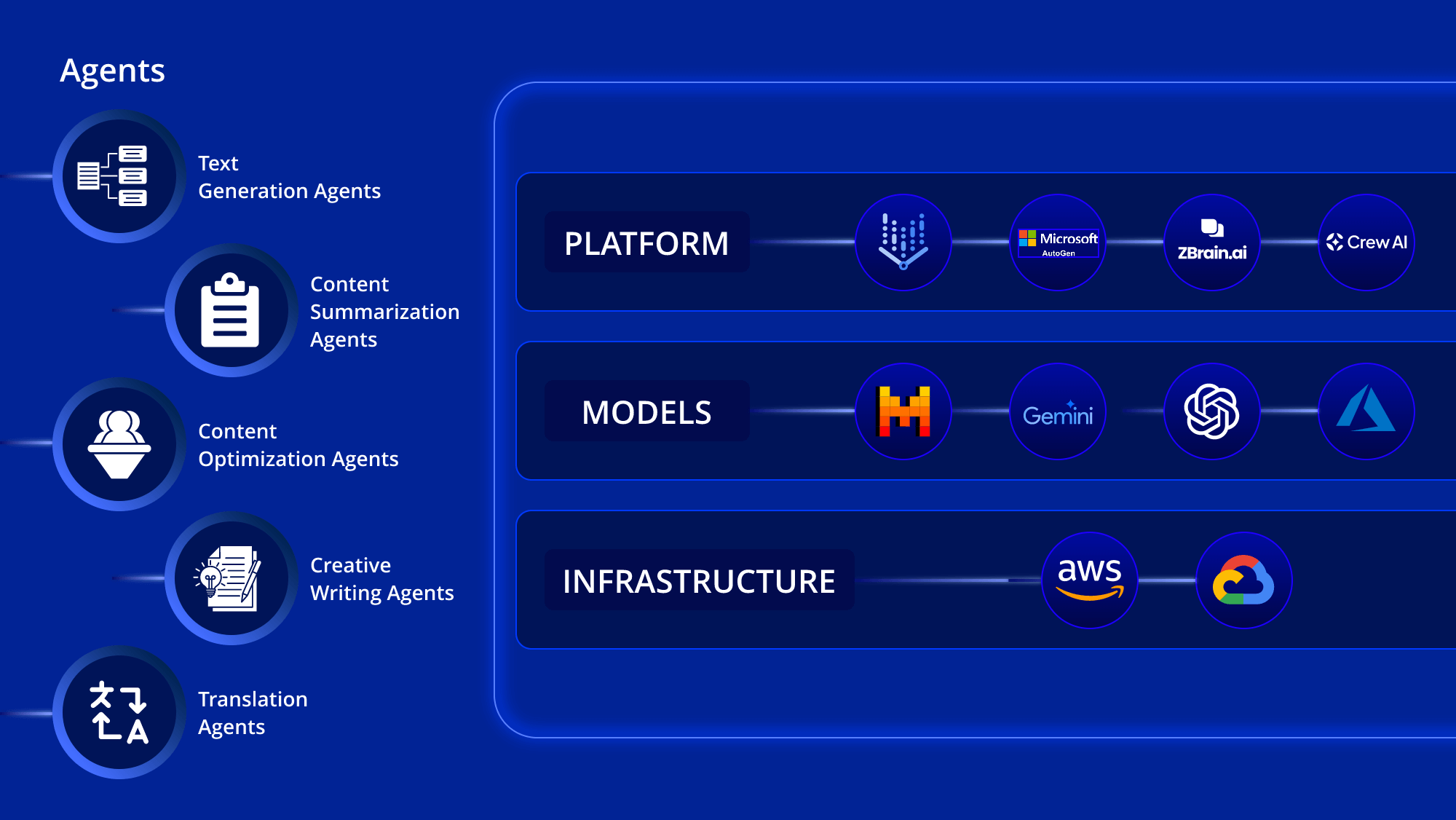AI Agents: Revolutionizing Digital Interactions

AI Agents: Revolutionizing Digital Interactions
AI agents are transforming the digital landscape by enhancing automation, efficiency, and intelligent decision-making. These advanced systems play a pivotal role in sectors such as customer service, healthcare, finance, and marketing, driving unprecedented growth and innovation.

Source: Imaginary Image Generation
Understanding AI Agents
AI agents are sophisticated software programs designed to perform tasks autonomously using machine learning and data analytics. They interpret vast amounts of data, make informed decisions, and optimize various processes across industries.
Key Applications of AI Agents
- Customer Support: Provide real-time assistance and deliver personalized experiences.
- Healthcare: Assist in diagnostics, manage patient data, and recommend treatments.
- Finance: Automate trading, manage risks, and detect fraud.
- Marketing: Analyze consumer behavior to boost engagement and drive growth.

Source: WinSavvy - Creating SEO-Friendly Content with AI
Benefits of AI Agents
- Efficiency: Automate repetitive tasks to free up human resources.
- Accuracy: Achieve precise data analysis and decision-making.
- Scalability: Adapt seamlessly to increased workloads.
- Cost-Effectiveness: Streamline processes and reduce operational costs.
Challenges and Ethical Considerations
Despite their advantages, AI agents pose challenges such as data privacy issues and potential algorithm biases. Ensuring transparency and fairness in AI deployment is essential for sustainable integration.
The Future of AI Agents
Advancements in natural language processing, predictive analytics, and human-agent collaboration promise further enhancements in AI agent capabilities, delivering even more personalized and efficient services.

Source: LeewayHertz - AI Agents for Content Generation
Conclusion
AI agents are reshaping the digital and technological landscape, offering innovative solutions for automation and efficiency. As these systems evolve, they promise to play an even more central role in the future of industries and digital interactions.


